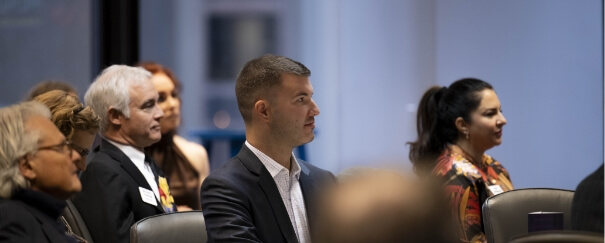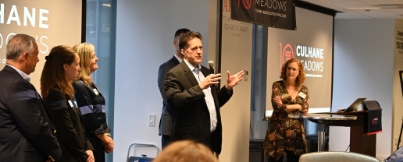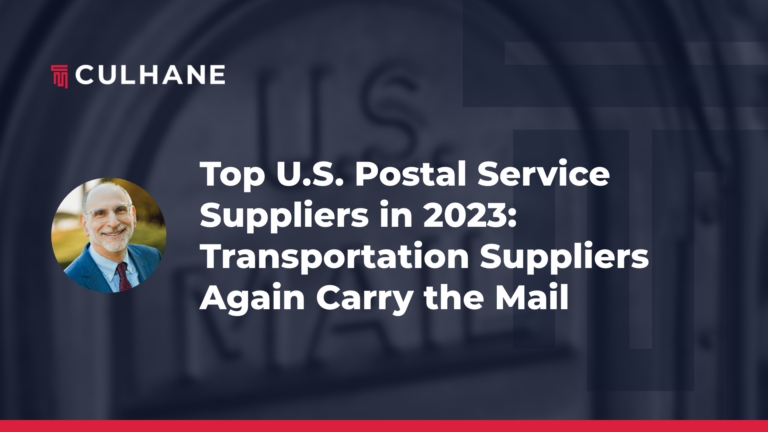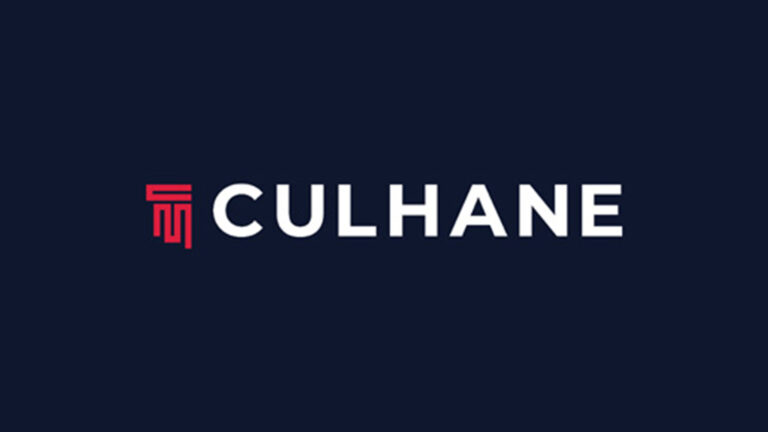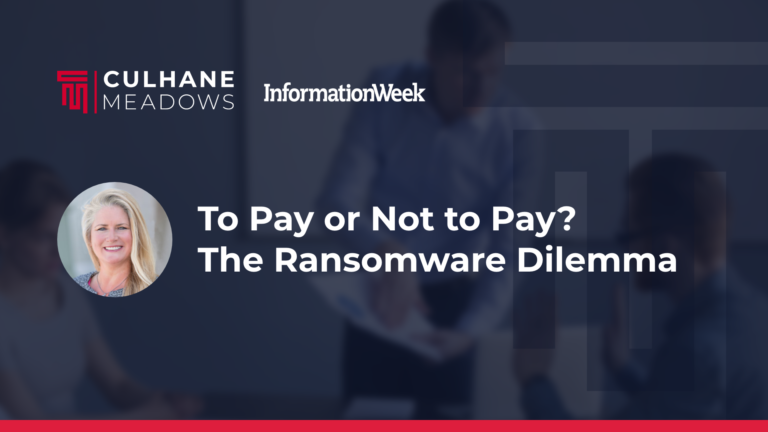Culhane Meadows’ Washington, DC partner Peter Cassat was recently quoted in an article by BuiltIn about putting bounties on biased algorithms.
Here are a few excerpts from the article:
Last July, Twitter announced the first bias bounty challenge. The one-off challenge was posted to HackerOne, a popular bug bounty board. It followed the same general pattern of a public bug bounty program, where companies offer monetary rewards to those who identify and report security flaws to their sites and systems. The goal of Twitter’s bias bounty: identify potential harm caused by its image-cropping algorithm, which uses a saliency model.
…
Peter Cassat, partner at Culhane Meadows PLLC, a national full-service law firm, pointed out that as a company moves previously traditional processes and systems to automated, AI-powered processes and systems, it is still the company ultimately making decisions — and it can be held accountable.
“There are risks associated with AI bias that can amount to legal risks,” he said, speaking from experience working with clients. “Any form of systemic discrimination or disparate impact on a protected class can can result in a discrimination claim. So there’s value in any methodologies that will help to reduce that possible exposure.”
…
Cassat pointed out that there are two main areas of risk to companies running bias bounties similar to what Twitter did: exposing customers’ to potential threats by inviting people to discover flaws they might not otherwise discover and the potential to expose intellectual property belonging to either the company or its partners.
“For example, if we use SAP in the HR space and people are coming in to see how we’re doing recruiting and hiring and promoting within our HR systems using automated algorithms, are we exposing any of SAP’s confidential information that we don’t have permission to expose?” he said.
Customer confidentiality in a situation where a bias bounty might need the use of live data is another concern. “It’s going to be tricky how you make sure that you’re protecting the confidentiality of the data that, in a sense, you’re wanting to cleanse, but at the same time, you need to make sure that you’re not violating any privacy rights of any of your employees or customers,” Cassat said.
…
Internal efforts at identifying algorithmic bias is another way companies could get around concerns related to public bias bounties, according to Cassat. This could be as simple as having a system of reporting bias or offering awards to employees who identify and report it, to modeling bias hunting on security hackathons, instead of bug bounties.
…
From a legal perspective, Cassat called it a balancing act between potential risks associated with identifying bias and the benefits of doing so. But he also noted that growing pressure from consumers that technologies be more equitable has increased focus on social responsibility at the board level. This will drive activity around reducing algorithmic bias.
“I don’t know the extent to which companies will want to continue to kind of crowdsource these solutions,” he said, adding that promoting diversity is good business. “And it’s the right thing to do.”
Read their entire article HERE to learn more.
About Culhane Meadows – Big Law for the New Economy®
The largest woman-owned national full-service business law firm in the U.S., Culhane Meadows fields over 70 partners in eleven major markets across the country. Uniquely structured, the firm’s Disruptive Law® business model gives attorneys greater work-life flexibility while delivering outstanding, partner-level legal services to major corporations and emerging companies across industry sectors more efficiently and cost-effectively than conventional law firms. Clients enjoy exceptional and highly-efficient legal services provided exclusively by partner-level attorneys with significant experience and training from large law firms or in-house legal departments of respected corporations. U.S. News & World Report has named Culhane Meadows among the country’s “Best Law Firms” in its 2014 through 2022 rankings and many of the firm’s partners are regularly recognized in Chambers, Super Lawyers, Best Lawyers and Martindale-Hubbell Peer Reviews.
The foregoing content is for informational purposes only and should not be relied upon as legal advice. Federal, state, and local laws can change rapidly and, therefore, this content may become obsolete or outdated. Please consult with an attorney of your choice to ensure you obtain the most current and accurate counsel about your particular situation.



